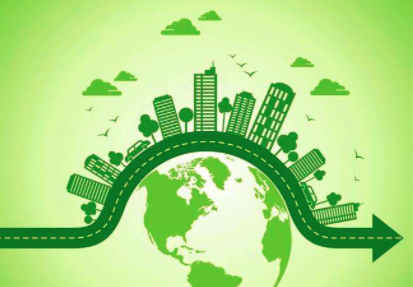Product Consultation
Your email address will not be published. Required fields are marked *
There are two major policies currently in the EU that involve disposable plastic beverage bottles: the Disposable Plastic Directive (SUPD) and the Packaging and Packaging Waste Regulation 》 (PPWR). SUPD came into effect in July 2021, and PPWR became law in February 2025.
SUPD Target : A target of regeneration content of at least 25% was set for PET bottles, which will be achieved by 2025; by 2030, the target of regeneration content of all disposable plastic beverage bottles is 30%.
PPWR Target : Also set the same 30% regeneration content target for all disposable plastic beverage bottles.
In terms of waste raw materials:
SUPD : According to the European Commission Implementation Decision (EU) 2023/2683 in November 2023, to achieve the 25% PET goal, “only use post-consumer plastic waste generated from plastic products placed on the EU market”, and non-EU plastic waste cannot be counted as SUPD targets at present.
PPWR : Permitted to include non-EU post-consumer plastic waste in its target under relevant conditions, as stipulated in paragraphs 3(a) and 3(b) of its Article 7 “ Mirror rules ” The required import plastic to be included in the PPWR regeneration content targets must be collected in accordance with the EU’s separate collection standards and then disposed of in facilities that meet the same pollution and emission restrictions as domestic producers.
In "Regeneration" Definition aspect:
SUPD : It is clear that only mechanical recycled materials are included in their targets.
PPWR : The definition of “regeneration” refers to Directive 2008/98/EC, which makes the legal status of chemical recycling (especially pyrolysis) uncertain.
Recently, a spokesperson said the European Commission is preparing and implementing a bill that will "extend calculation, verification and reporting methods to cover all regeneration technologies, including chemical recycling." The bill will repeal and replace existing bills, bringing the SUPD and PPWR to unite.
A broader definition of “recycled plastic” Recycled materials made from post-consumer waste plastics from outside the EU market will be covered.
The implementation bill is expected to be introduced in the fourth quarter of 2025 and it will also comment on calculation methods such as mass balance method, which is crucial for chemical recycling technologies like pyrolysis. Previous reports indicate that "The vast majority" EU member states support the adoption of fuel-free mass balance approach .
In mass balance, the volume of certified renewable or recycled material is entered throughout the production process, but may not be evenly distributed into each individual product output. The use of mass balance allows economic operators to declare that a percentage of recycled or renewable materials are used in their products without proof that each individual product produced contains that percentage of recycled or renewable materials.
In view of the pyrolytic oil and raw materials Cracking furnace Mixed and once co-feeded, the two feeds cannot be physically separated, many believe that acknowledging mass balance is crucial for allocating regenerated content through this chemical recycling technique.

Recycle Hollow Fibers Series: A new textile choice for the future that improves sustainability
2025-06-15
70 units jointly issued the "Self-Discipline Convention on Safety Management of Textile and Clothing Enterprises"!
2025-07-02Your email address will not be published. Required fields are marked *
Focusing to the research and production of differentiated fiber. Applying recycle-material processing scientifically.
Zhulinjizhen, Xinfeng Town, Jiaxing City, Zhejiang Province
Copyright @ 2023 Jiaxing Fuda Chemical Fiber Factory All rights reserved
Polyester Staple Fiber Manufacturers
Friendship link - Anhui Fulin Environmental Protection Technology Co., Ltd.:https://www.ahflhb.com
